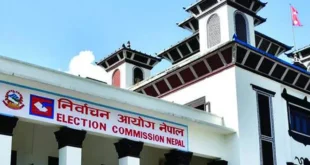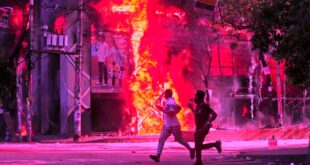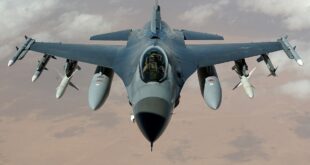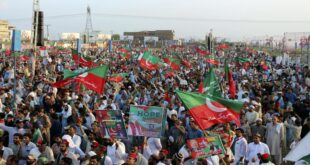Special Desk
Rebels celebrated on streets as they in Ethiopia’s northern Tigray region regain its capital, Mekelle. They even forced officials to flee.
Fireworks and waving of flags by the rebels was seen on streets. The government, which took Mekelle in November after Tigrayan rebels rejected political reforms and captured army bases, has now called a ceasefire.
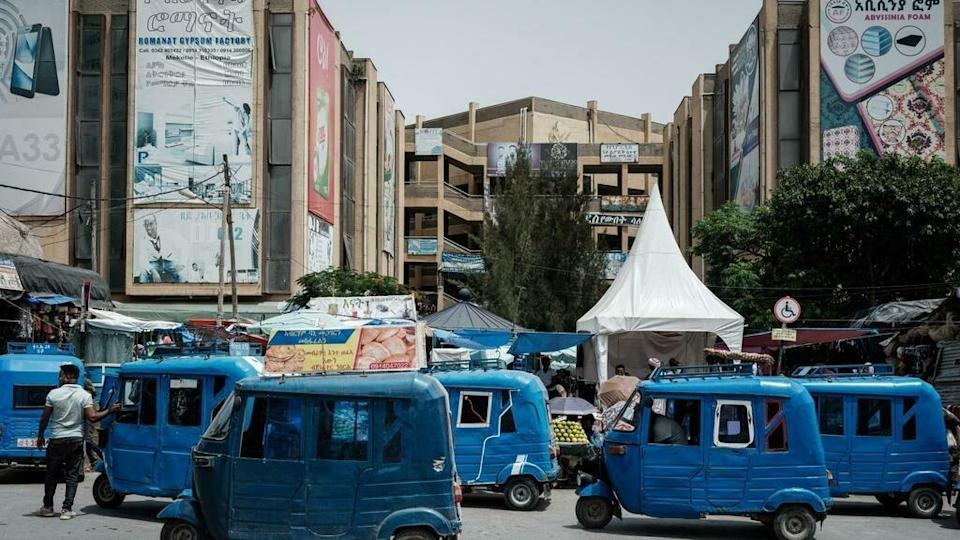
There had been recent reports of renewed fighting between fighters of the Tigray People’s Liberation Front (TPLF) and government forces outside Mekelle. But a rapid offensive on Monday led to the unexpected recapture of the city by the rebels. This may be a possible turning point in the bitter conflict.
A statement released by what was termed the Government of the National State of Tigray praised a stunning victory, saying Mekelle was now under the complete control of the Tigray Defence Forces. It calls on the people and rebel forces to stay vigilant, relentless and on constant alert until Tigray is fully free of all invading forces.
Rebel spokesperson Getachew Reda suggested there was little appetite for a truce. “Our objectives are degrading the enemy’s fighting capabilities. We will not stop until Tigray has been cleared of any and all enemy forces. We will do whatever it takes,” he said. He said on Tuesday that TPLF fighters were pursuing government forces to the south and east of Mekelle.
Since 1994, Ethiopia has had a federal system, now made up of 10 states, largely autonomous and defined on ethnic grounds, but with central institutions. Anti-government protests over various matters saw Abiy Ahmed take over as PM in 2018 and he introduced reforms
These sidelined previously powerful politicians from Tigray, Ethiopia’s northernmost region of about seven million people, who accused Mr Abiy of trying to increase centralised government
Relations worsened and, after the government accused Tigrayan rebels of attacking military bases, the Ethiopian army moved in last November, backed by Eritrean troops. Mr Abiy declared the conflict over at the end of November, but fighting continued and flared ahead of national elections on 21 June.
UN children’s agency, Unicef, said Ethiopian government troops had entered its offices in Mekelle on Monday and destroyed satellite equipment. Ethiopia’s government has yet to comment on any withdrawal, and said that it was calling a military ceasefire for humanitarian reasons. It pointed to the need for aid workers to gain access, for farmers to get help during the planting season and for the return of internally displaced people.
 Jubilee Post News & Views
Jubilee Post News & Views

